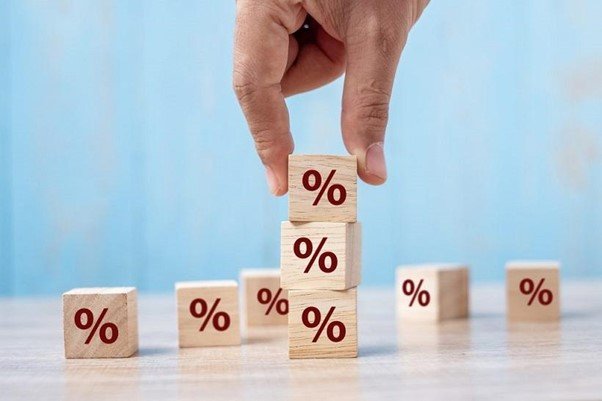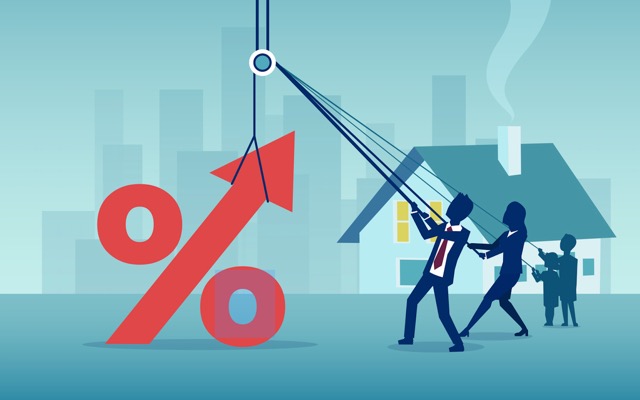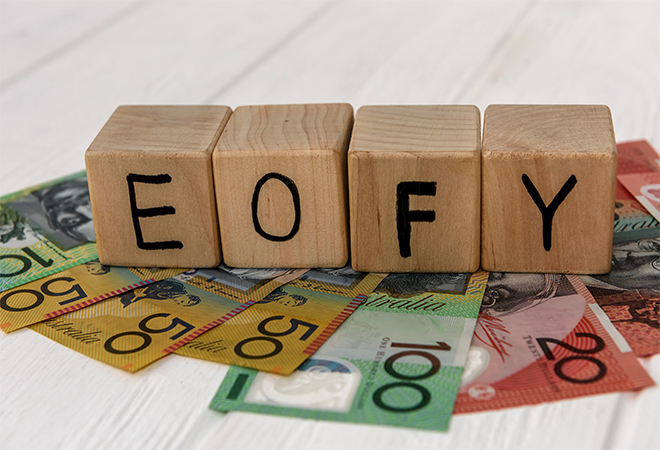
After enjoying consecutive years of historically low interest rates, we are now seeing interest rates starting to climb up in order to stabilise inflation.
It is understandable if the announcement of another interest rate rise is making you feel a little uneasy and if you are wondering about how this is going to impact your investment, especially with the media purposely spooking property owners with warnings of ‘property price plunges’.
Just like property prices run in cycles, so do cash rates. We have just exited a period where we have enjoyed historically low interest rates and now it is time to ride the wave over this cycle where interest rates will increase. Experts are are predicting this cycle will finish in 6 to 12 months and that we should expect the official cash rate to end up around 3%.
Mortgage holders must understand, that this period of rising interest rates was also the expectation of the banks. We all knew that historically low interest rates (record low of 0.1%) were not going to last forever, and when banks were offering and approving loans this was on the foresight that interest rates would increase over the term of the loan- everyone knew that rates weren’t going to stay low forever.
But- how does this impact property prices?
During the pandemic we saw a lack of housing supply (due to sellers withholding their property from the market) in combination with increasing demand for properties. The increasing demand for properties resulted from a combination of low interest rates, buyers having more cash available for deposits as they were able to save during lockdown periods (rather than spending on holidays, eating out, etc.), investors realising the strength and stability of Australia’s property market in comparison to other investments (shares, securities, bitcoin, cash, gold, etc.). The overall growth in housing prices since pre-pandemic (Feb 2020) has been approximately 34% meaning that property has gone from strength to strength throughout the pandemic period and is now entering into the next property cycle- and some capital city markets have reached their peak during the pandemic.

In the large cities and markets with a high population, such as Sydney and Melbourne, we are already seeing a stabilising of property growth. Some markets will still experience increasing property prices however, this is expected to be increasing at a slower pace. We haven’t seen any indications that there will be declining property prices, or a crash in these markets. This is due to the slow-down of the recent building boom resulting in a lack of new stock entering the market.
Not all markets are equal.
With many companies now offering their employees flexible arrangements (like work from home or remote working) that were not the ‘norm’ pre-pandemic, we have seen an increase in the demand for properties in the ‘middle’ and ‘outer’ tier suburbs from the capital cities as well as many people now looking to areas with better lifestyle options away from the hustle and bustle of the capital cities. We are seeing a growth in the regional, and smaller coastal towns that were once only considered holiday destinations. This is why we need to consider the impact on each property market differently as they will not all respond to rising interest rates in the same way. For example, Perth is going through a cycle of solid capital growth whilst Sydney and Melbourne are flattening out.

How rising interest rates impact the property buyers.
Rising interest rates will mean that many borrowers can no longer borrow as much as they might have been able to last year meaning they will start to look at purchasing properties at a cheaper price point. As a result, this will put further pressure and demand on the cheaper properties in the market (which isn’t helping the demand from first home buyers either). The properties that will be most impacted by this are the properties at the higher end of the market as buyers all shift to cheaper properties, or want to negotiate a bigger bargain.
For investors, there is a bigger focus towards cash flow and high yield properties to supplement the investors cost of living pressures and to cover the additional interest expense on their mortgages.
Many investors are now looking to properties in regional areas, smaller coastal towns, or larger centres where we can see rising population. We are seeing many of our clients purchase properties in these areas and they will do very wel with both growth and cash flow.
Should I sell my investment property?
This entirely depends on what you are trying to achieve. There are various reasons that selling your investment property may be advantageous such as selling to pay off another investment property, assist in buying a principal place of residence, or to move your investment capital into another option that may be better for the long term.
We predict that there is not a market crash lurking around the corner, so there is no need to go into crisis mode and sell off all your investments, especially if you can afford to keep them. Remind yourself of the long term strategy and what you are wanting to achieve.
It is important to keep in mind that it always costs to sell a property so consider your exit strategy carefully.
If you are looking for a buyer’s agent to assist you with purchasing a home or investment property in the Sydney, Brisbane and Newcastle regions, as well as SA, TAS, ACT, VIC, NSW & QLD please get in touch with Lloyd Edge and his team at Aus Property Professionals here or give us a call on 1800 146 837!


